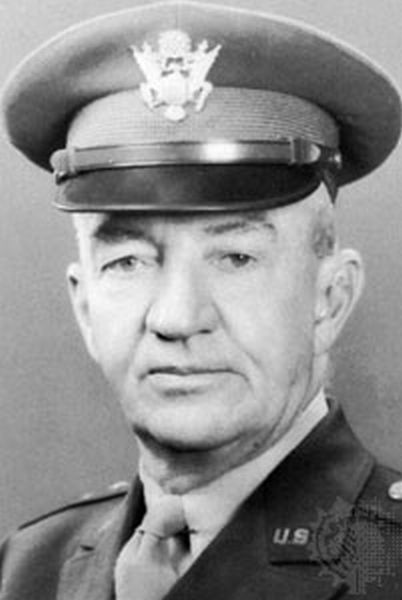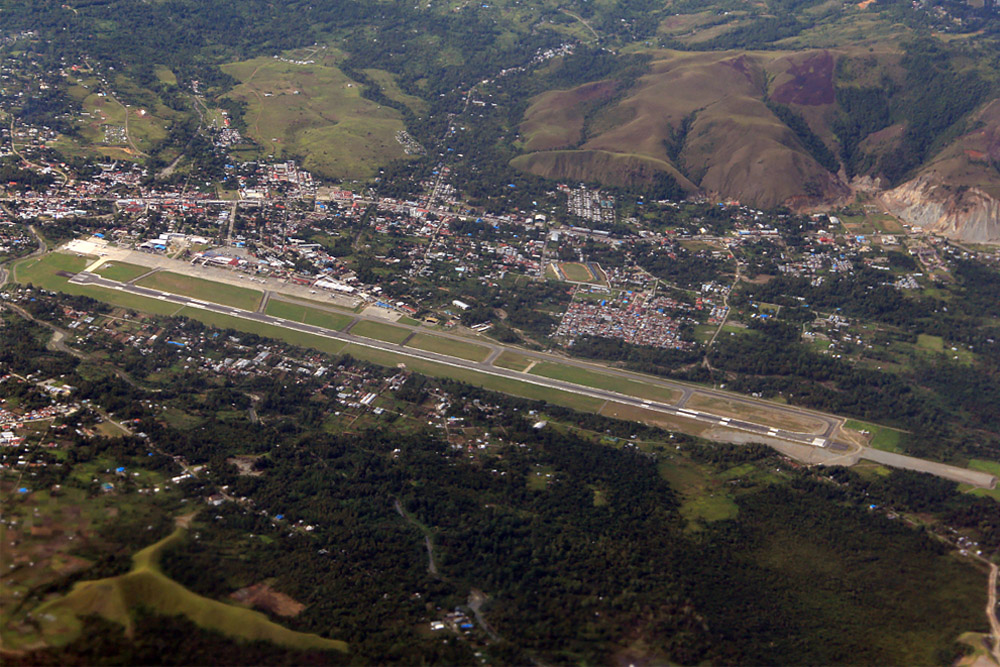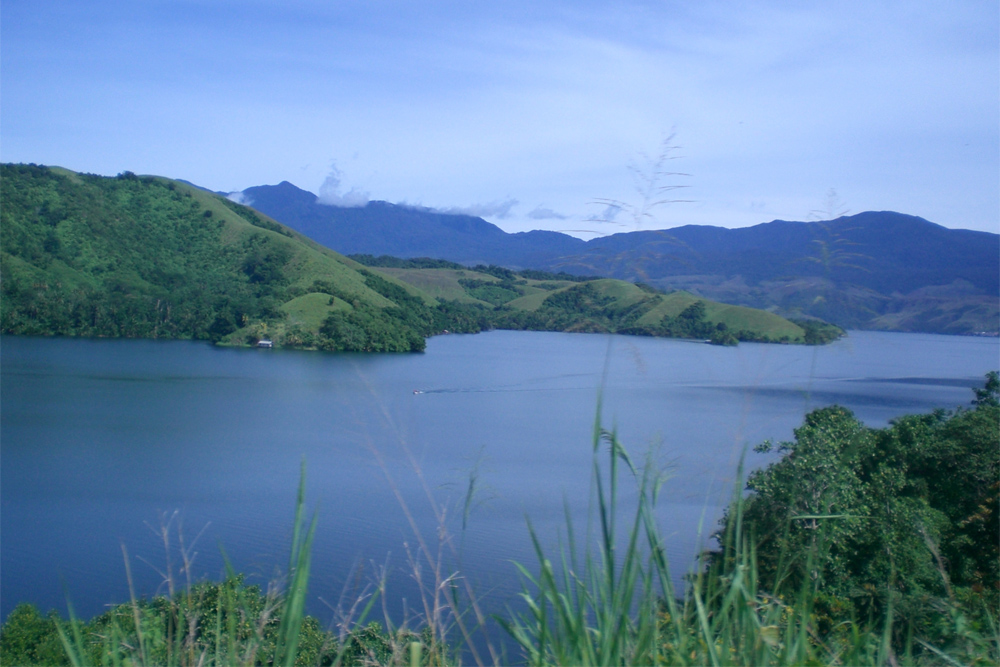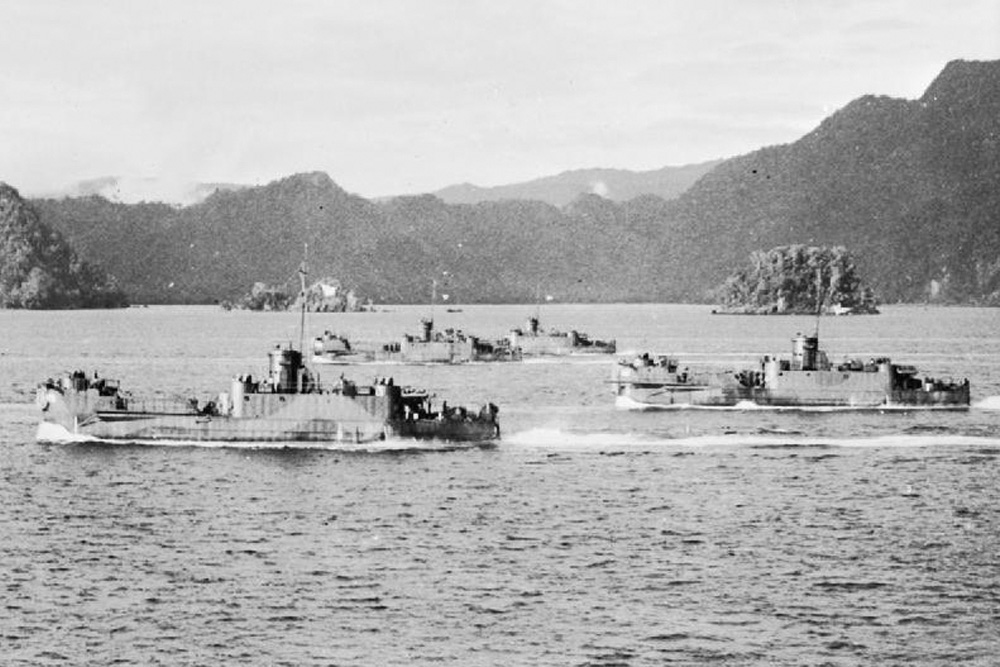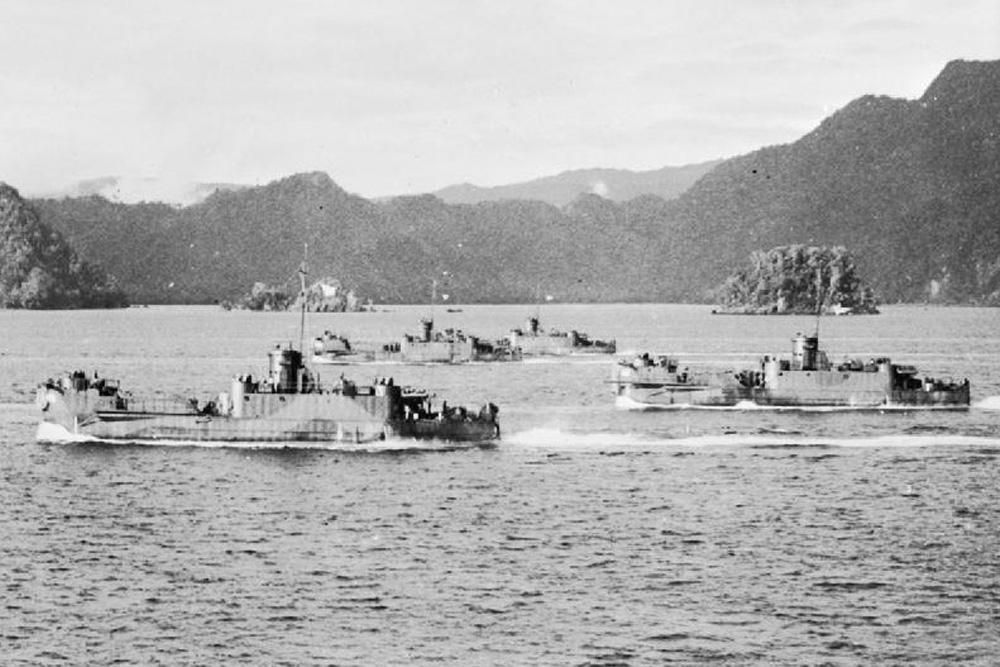Eichelberger, Robert Lawrence
- Date of birth:
- March 9th, 1886 (Urbana/Ohio, United States)
- Date of death:
- September 26th, 1961 (Asheville/North Carolina, United States)
- Buried on:
- Arlington National Cemetery
Plot: 2. Grave: 4737-C-L. - Service number:
- 0-2624
- Nationality:
- American
Biography
Robert Eichelberger was born at Urbana, Ohio. He graduated from the U.S. Military Academy as Lieutenant in 1909. His first assignments were Panama and the Mexican border and joined the American Expeditionary Force Siberia for assignment to Siberia from 1918 to 1920. Here he observed the Japanese entering Siberia and studied their Military strategy. For bravery in this Expeditionary Force he received his first Distinguished Service Cross. The Japanes awarded im the Imperial Order of Meji, the Order of the Sacred Treasure and the Order of the Rising Sun. After the Siberian conflict he was appointed to service in the Philippines and in China. After returning to the United States he attended the Command and General Staff College at Fort Leavenworth. In October 1940 he was promoted to Major.
In 1940 he was appointed as Superintendent to the Military Academy, but was called to active duty in 1942. He was appointed Commanding General of the U.S. Ist Corps and left for Australia in 1942. In October 1942 he was promoted to Lieutenant General. When the U.S. 32nd Infantry Division prooved ineffective at New Guinea, he was send to command that unit. He rigurously changed various chaines of command and reformed the division. In early 1943 het led the Australian-United States Advanced New Guinea Force to victory over hte Japanes at Buna. In 1944 he led his units victoriouslt at Hollandia, Biak and Dutch New Guinea. When the U.S. invasion of the Philippines was eminent he led the newly formed 8th Army in clearing the island Mindoro, Marinduque, Panay, Negros, Cebu and Bohol. In July 1945 the Japanese were defeated at Mindanao.
In August 1945, Eichelberger led his troops as an occupation force of mainland Japan and was responsible to revieuw the sentences passed to Class B and Class C war criminals at Yokohama. Eichelberger retired in September 1948 and was honory promoted to full General in 1954. He died at Asheville, North Carolina on 26th September 1961 and was buried with full military honor at the Arlington National Cemetery.
Do you have more information about this person? Inform us!
- Period:
- Russian Civil War (1917-1922)
- Rank:
- Lieutenant Colonel
- Unit:
- General Staff Corps, American Expeditionary Forces Siberia (AEFS), U.S. Army
- Awarded on:
- 1923
- Period:
- Russian Civil War (1917-1922)
- Rank:
- Lieutenant Colonel
- Unit:
- Intelligence Service, American Expeditionary Forces Siberia (AEFS), U.S. Army
- Awarded on:
- 1922
War Department, General Orders No. 56
- Period:
- Second World War (1939-1945)
- Rank:
- Lieutenant General
- Unit:
- Commanding General, HQ, 77th Infantry Division "Statue of Liberty", U.S. Army
- Awarded on:
- January 11th, 1943
Headquarters, South West Pacific Area, General Orders No. 5.
This award was obtained in the form of an Oak Leave to be attached on the ribbon of the first award.
- Period:
- Second World War (1939-1945)
- Rank:
- Lieutenant General
- Awarded on:
- 1944
War Department, General Orders No. 84
--
Second DSM received as Bronze Oak Leaf Cluster in lieu.
- Period:
- Second World War (1939-1945)
- Rank:
- Lieutenant General
- Unit:
- Eighth Army, U.S. Army
- Awarded on:
- February 24th, 1945
Royal degree no. 7
- Period:
- Second World War (1939-1945)
- Rank:
- Lieutenant General
- Awarded on:
- 1945
War Department, General Orders No. 53
--
Third DSM received as Bronze Oak Leaf Cluster in lieu.
- Period:
- Second World War (1939-1945)
- Rank:
- Lieutenant General
- Unit:
- I Corps, U.S. Army
- Awarded on:
- 1945
Headquarters, U.S. Forces, Pacific, General Orders No. 343
- Period:
- Second World War (1939-1945)
- Rank:
- Lieutenant General
- Awarded on:
- October 29th, 1947
Department of the Army, General Orders No. 71
--
Fourth DSM received as Bronze Oak Leaf Cluster in Lieu.
- Period:
- Second World War (1939-1945)
- Rank:
- Lieutenant General
- Unit:
- I Corps, U.S. Army
- Period:
- Second World War (1939-1945)
- Rank:
- Lieutenant General
- Unit:
- Eighth Army, U.S. Army
Second SSM received as Bronze Oak Leaf Cluster.
- Period:
- Second World War (1939-1945)
- Rank:
- Lieutenant General
- Unit:
- Eighth Army, U.S. Army
Third SSM received as Bronze Oak Leaf Cluster.
- Period:
- Second World War (1939-1945)
- Rank:
- Major General
- Unit:
- Commanding General, HQ, 77th Infantry Division "Statue of Liberty", U.S. Army
- Period:
- Second World War (1939-1945)
- Period:
- Second World War (1939-1945)
- Period:
- Second World War (1939-1945)
- Period:
- Second World War (1939-1945)
- Period:
- Second World War (1939-1945)
- Period:
- Second World War (1939-1945)
- Period:
- Second World War (1939-1945)
Sources
- Photo 1: U.S. Army photo
- - Blakeley, H.W., The 32nd Infantry Division – In world War II, The Battery Press, Nashville, USA, 2000
- Arlington Cemetery
- homeofheroes.com
- Guide to the Robert L. Eichelberger Papers, 1728-1998, bulk 1942-1949 | Collection Guides | Rubenstein Library
- Nederlandse onderscheidingen aan Amerikaanse staatsburgers voor de Tweede Wereldoorlog
- The Unsurrendered - Joyce Shaughnessy
- ROBERT L. EICHELBERGER














